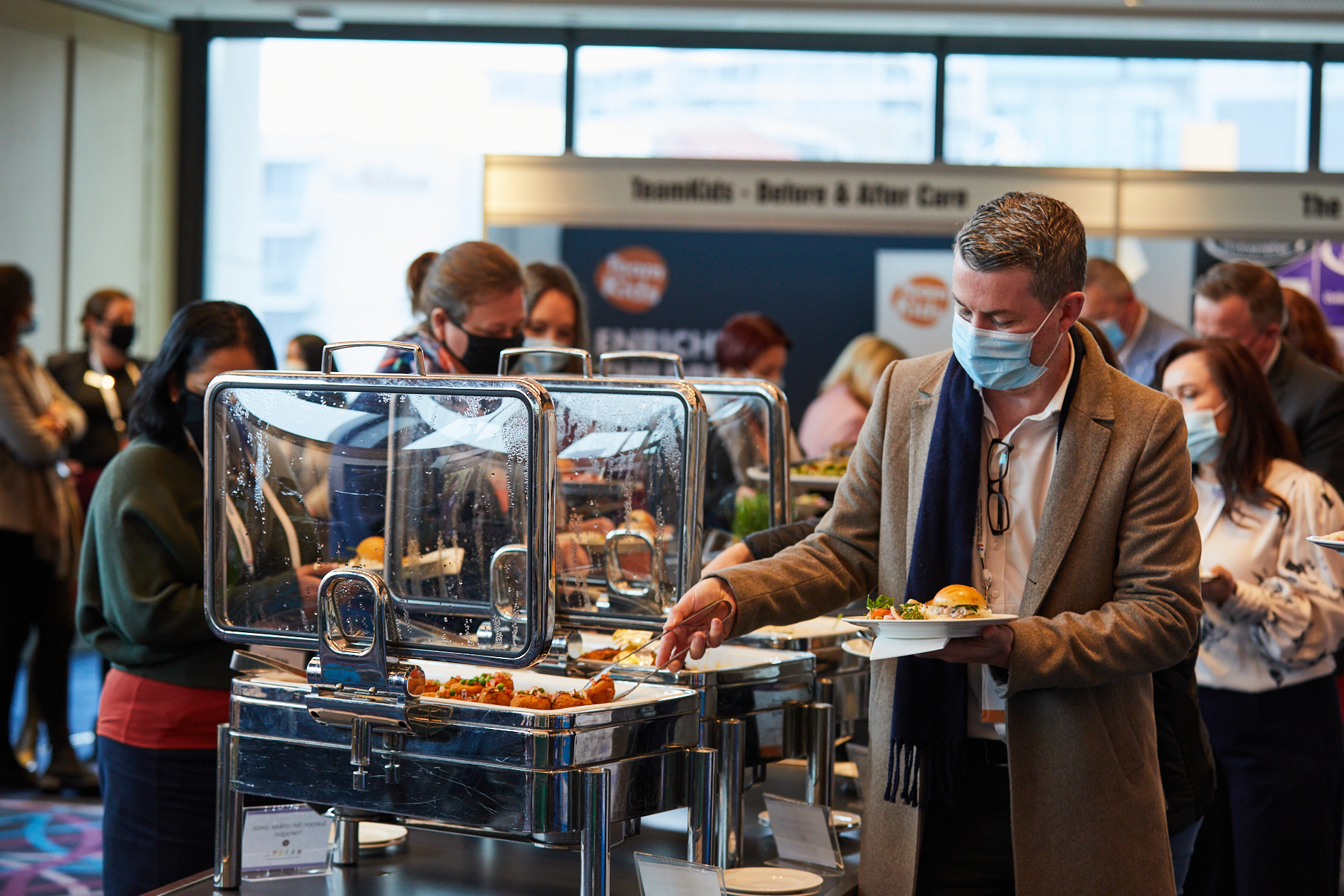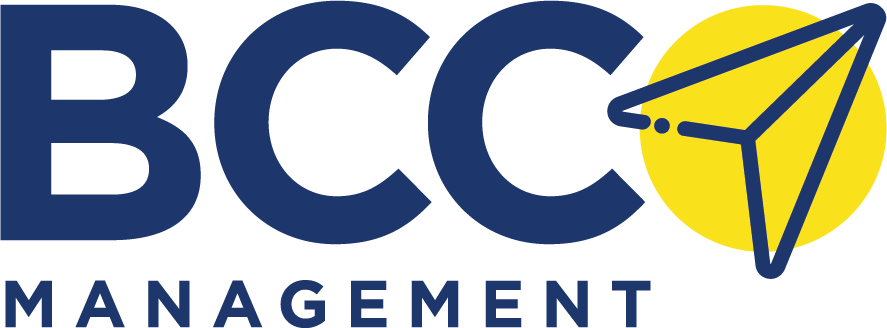Here’s how you can get on board and make the change
As of the 1st February 2023, Victoria will be stamping out single use plastics including the following items:
- Single-use plastic drinking straws and stirrers
- Single-use plastic cutlery
- Single-use plastic plates
- Single-use plastic cotton buds
- Foodservice items and drink containers made from expanded polystyrene (EPS)
Note: Some exemptions apply to specific items. Compostable plastic or ‘plant-based’ plastic alternatives are also banned. Manufacturers of reusable plastic items will need to supply a written warranty (or similar written representation) of at least 1 year.
The ban will apply to all businesses and organisations, and includes retailers, suppliers, importers, not-for-profits, government, and other community groups. So, if you haven’t already then now is the time to start thinking about how you can eliminate single-use plastics from your next conference or business event.

ABOUT THE BAN
1. Why is it being introduced?
Single-use plastics make up a third of the litter in our streets and waterways. They remain in the environment for a long time, harming our wildlife and contaminating our food and water. Many single-use plastic items are difficult and economically unviable to recycle. This ban will also help reduce plastic waste and contamination at recycling facilities.
2. Who does the ban apply to?
The ban applies to all business and organisations, and any person who owns, manages or has substantial control over a business. This includes retail and hospitality businesses, suppliers and manufacturers, distributors, importers, wholesalers, online marketplaces and organisations and non-for profits, such as health and community services, hospitals, charities, community groups, sporting clubs, child care centres, schools, and government bodies.
The ban does not apply to individuals undertaking private or domestic activities. The ban intends to remove these items from the supply chain before they reach the customer.
4. What items are banned?
From 1 February 2023, these items are banned in Victoria:
• Single-use plastic drinking straws
• Single-use plastic drink stirrers
• Single-use plastic cutlery
• Single-use plastic plates
• Single-use plastic cotton buds
• Food service items and cups made from expanded polystyrene
4. Are my products made of plastic?
The ban includes items wholly or partly made of plastic. This includes linings, coatings, films, trims and handles. Plastic polymers in inks or adhesives are not included in the ban. Compostable plastics, such as biodegradable plastics, degradable plastics, renewable plastics, and bioplastics are
included in the ban. This includes plastic items with composting certifications.
Biodegradable or compostable plastic items can still harm wildlife the same way conventional plastic items do if they are littered. Such plastics require extended periods of time or processing at a specialised composting facility in order to break down. If an item looks or feels like plastic, but claims to be made from corn, sugarcane, wheat or any other ‘natural’ source it may still be a plastic. When ordering disposable alternatives to banned plastic items, ask your supplier to confirm in writing that the items do not contain any form of plastic polymer, including compostable plastic or bioplastic. Logos, labelling or product claims are not proof of compliance.
5. What should I do with leftover stock?
Banned items cannot be sold or supplied from 1 February 2023, even if they were purchased before the ban. Since the ban was announced on 27 February 2021, many organisations have already changed to compliant alternatives. If you have not yet taken action, start running down existing stocks and do not order any additional banned items. If you think you will have leftover stock, consider taking actions such as:
1. contacting your supplier to see if they offer exchanges or credit towards compliant replacements; or
2. contacting a local recycler to see if they can recycle bulk quantities (items cannot be placed into household or commercial recycling bins directly).

PREPARE TO ELIMINATE SINGLE-USE PLASTICS AT YOUR EVENTS
What alternatives should I use?
It’s time to stop thinking about how we replace these items at events and conferences but rather how you can avoid use, increase reusability and reduce waste all together. The ban is designed to reduce plastic pollution and shift behaviour toward more sustainable and reusable choices. This may include events selling alternative or reusable items, offering a reusable system, utilising venue utensils and accepting BYO cups for coffee carts and the like. So, how do we get started?
1. AVOIDANCE
First, think about whether you need to keep supplying items like disposable coffee cups or takeaway food boxes to your delegates and attendees to consume food at your conferences. Reducing the number of items you give away can also minimise business costs and waste.
2. REUSABLE
Look at whether you can use reusable, washable alternatives especially is customers can consume items at the venue or could return items to a stand at your event. Official health advice supports the use of reusable items with appropriate cleaning. You may like to sell reusable items or encourage customers to bring their own through promotions or discounts. Sustainability Victoria is helping businesses and customers make the switch to reusables. If you sell or supply reusable items, they must be intended to be used multiple times and come with a manufacturer’s warranty (or similar written representation) of at least 1 year.
3. DISPOSABLE
If you need disposable items, speak to your supplier about the most sustainable options for your business, such as responsibly sourced paper, bamboo or wood alternatives. New alternatives are starting to enter the market, such as cutlery made from sugarcane pulp or edible materials, however you should still check that these do not contain plastic polymers and are safe to use.
Ask your supplier to answer questions, in writing, before you order disposable items. If you are unsure about options, check www.vic.gov.au/plastics.
If you want more support then feel free to contact our team of Professional Conference Organisers and we will help guide you into this more sustainable approach to single-use plastics.

